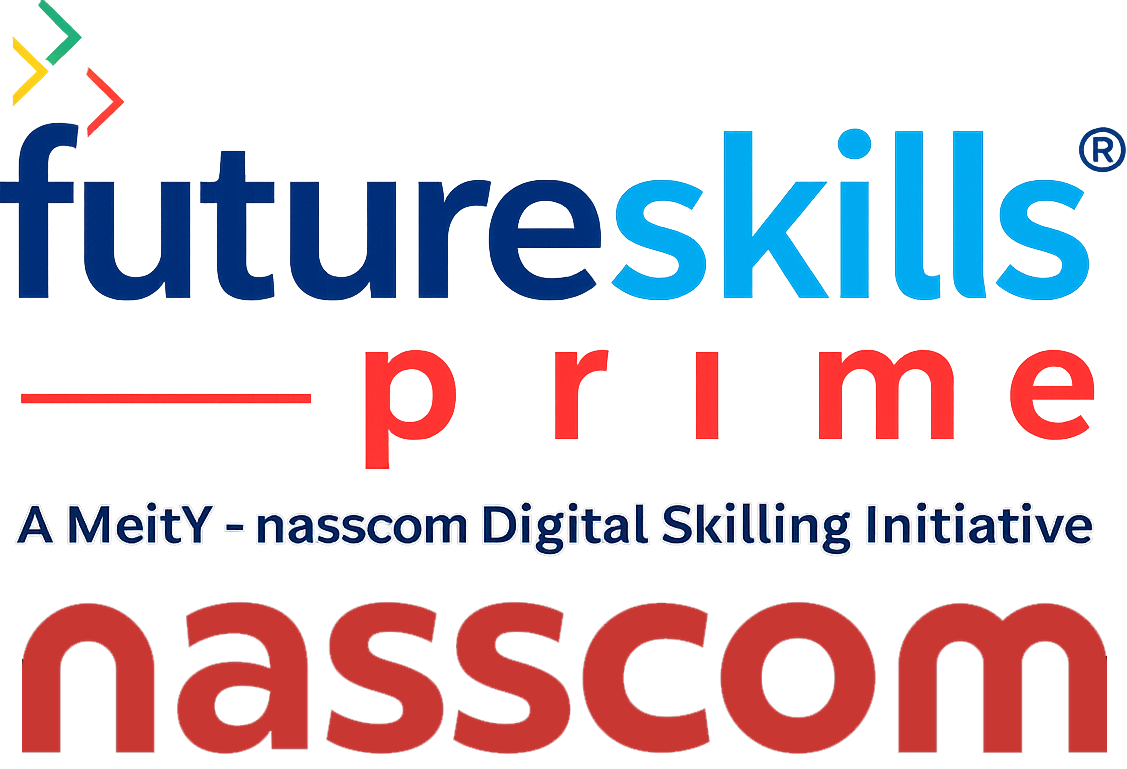One of the global markets with the highest levels of competition is the data science industry. In contrast to other professions, data scientists must constantly adapt. You can nurture your education with the help of data science courses in pune .
Technologies are developing quickly. Your talents may get out-of-date if you don’t maintain yourself current and continually improve them. A specialized data science course in Pune with placement is available to help you advance your knowledge. These credentials may help you come across more favorably to potential employers.
Your proficiency with data must be continually improved. Graduates without a statistical background must develop their statistical literacy. You should be familiar with key statistics concepts such as statistical inference, probability, regression, Bayesian modeling, and others.
The next step is to develop your programming capabilities and get to an intermediate proficiency level. Even while theoretical education is important, you cannot only study books or use paper and pencil to solve problems. For your PC to produce fully functional applications and programmes, you must have practical experience. Hands-on experience enhances your learning and clears many of your doubts in a short time.
Make sure not to limit your attention to programming and statistical intricacies. You must always work to improve your scientific, mathematical, and analytical abilities as a data science student. When you can’t find a suitable answer on the Web, your ability to construct logic will be crucial.
The skills that are “Most Wanted” in Data Science
The following abilities can put you on the proper route if you’re aiming to be a data scientist.
Databases:
Before you have a thorough understanding of databases, you shouldn’t pursue sophisticated data science. You can create fundamental and sophisticated desktop, web, and database designs. By incorporating ideas like normalization, try to make your database architecture more effective. Make sure your queries are optimized similarly. When you eventually have a good deal of database-related work experience, you can use the other abilities on this list.
Programming Languages:
Learn to programme in languages like Python, Java, and SQL. By practicing on websites like LeetCode and HackerRank and completing programming challenges, you can gauge your command of a language. Move on to developing programmes and applications once you have a firm understanding of the foundations. For instance, you may use Python to construct a recommendation system for an e-commerce site where clients can receive product ideas based on their prior purchase industry.
Database Management System:
SAS, Tableau, Spark, and Hadoop are a few examples of database management solutions that you should be proficient with. It is simple to embrace more tools after you grow accustomed to them. For instance, it won’t take much time to create data visualizations in Spark to identify a trend in the banking business if you can do it in Tableau.
Data Analytics and Visualization:
The next step is to develop your data analytics skills. Analytics is more of a way of thinking. In-depth correlation and aggregate analysis are required. Another practical ability that might assist you in transforming unstructured data into understandable data is data visualization.
Operating Systems:
One of the most underappreciated abilities in data science is possibly this one. Data scientists occasionally need to work with hardware, thus having some OS knowledge might be helpful. Your understanding of OS can provide you with a wealth of useful insights into lower-level processes. You can solve a lot of
problems that other data scientists can’t because of their limits on the application layer if you are familiar with the OS layer.
Fundamentals of AI and Machine Learning:
Top Degrees –
Contrary to certain other professions, data science demands a very high level of education. Regarding the training of active data scientists, the following observations have been made.
- They have a Master’s degree in 88% of them.
- Ph. D.s are held by 46% of them.
Although a bachelor’s degree is listed as the minimal requirement in job descriptions for data science professions, companies typically choose candidates with master’s degrees.
Types of Careers
Obtaining a master’s degree in data science may lead to the following possibilities:
Data Analyst – To increase productivity, data analysts examine company/industry data and produce useful responses.
Data Scientist – They are more interested in machine learning models and techniques. They are required to calculate precise forecasts.
Data Engineer – They oversee an organization’s data infrastructure.
Machine Learning – Data scientist and data engineer responsibilities frequently overlap with this machine learning position. The precise job depends on the organization. To expand their software engineering efforts and enhance the work of their data scientists, several businesses employ machine learning engineers.
Quantitative Analyst – They concentrate more on using statistical analysis to make forecasts. Risk and money play major roles in this job.
Data Warehouse Architect – To work on data storage systems, they employ their expertise in SQL and databases.
Business Intelligence Analyst – To analyze trends, they work on data analysis techniques.
Which Program in Data Science Should You Select?
Consider enrolling in one of the following data science programmers if you’ve grown interested in the field:
Bachelor’s
A bachelor’s degree programmer enables students to acquire the fundamental skills needed to study mathematics and statistical analysis. They will study algorithms, information visualization, data structures, and other CS subjects in addition to statistics.
Master’s
Students who get a master’s degree develop strong computational, mathematical, and statistical abilities. They can either start working in any data science position after completing this programme or continue their education by enrolling in a PhD programme.
Doctorate
Advanced research and the study of computer science are the main areas of study for doctoral candidates. Advanced subjects in data mining and high-performance computing are cFFovered by the students.
Become Industry-Ready with Ethans Tech Training Programs – Register Now!
Setting the Direction of Your Career Development
Organizations are currently actively looking for data science specialists. In the following sectors: finance, e-commerce, consultancy, healthcare, IT businesses, industrial and manufacturing, energy, automotive, academia and education, government, and R&D, these experts can assist them in innovating without falling behind.
Your interests, abilities, and experiences will influence the direction of your career. You can always improve your analytical abilities and tackle real-world issues by delving into data science. Your career can flourish naturally and organically in this way.
Data scientists with logical reasoning, analytics, mathematics, critical thinking, neural networks, project management, deep learning, artificial intelligence, data engineering, machine learning, natural language processing, software engineering, and creative problem-solving are in demand today. Working with unstructured data is one distinctive expertise that sticks out in particular. Companies acquire raw data from a variety of sources, thus having experience handling unstructured data is difficult to overlook.
Employers want job candidates with the following soft skills:
- Sharp business acumen to comprehend and deal with difficult situations.
- Possess the desire to innovate.
- Extract simple insights from complicated datasets to enable non-technical stakeholders to make appropriate decisions and actions.
- Possess the capacity to persuade people through compelling narratives.
- Cooperate and communicate well with others.
A well-structured roadmap ensures learners gain the right skills, tools, and practical exposure to excel in data science. By continuously upgrading learning methods and industry alignment, we can build a future-ready data science workforce.





